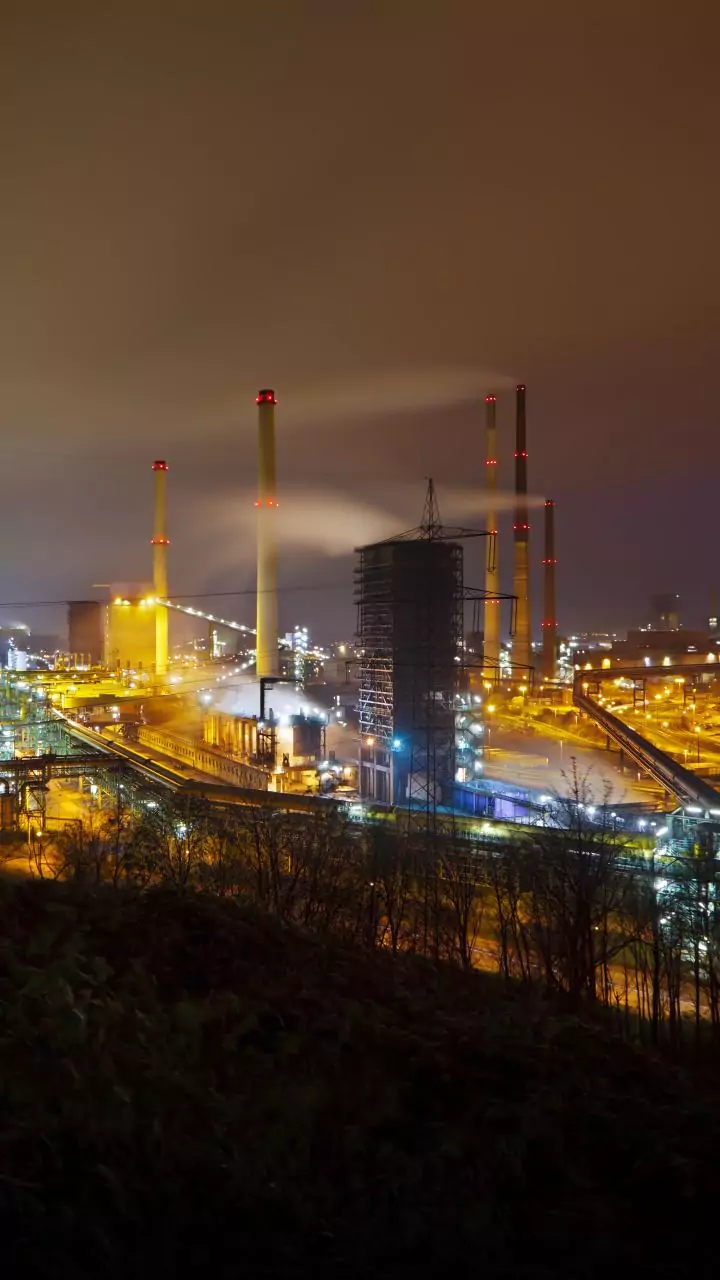New Delhi, Oct 29 (PTI) Industry body PHDCCI on Wednesday made a case for substantially reducing the income tax rates for individuals earning up to Rs 50 lakh annually, and levying the highest rate of
30 per cent only on those earning more.
The highest tax rate of 30 per cent is levied on individuals earning more than Rs 24 lakh in a year in the new income tax regime.
In its pre-Budget recommendations submitted to Revenue Secretary Arvind Shrivastava, besides a raft of reforms in the direct tax regime, the industry chamber also made several recommendations on the indirect taxation front.
The government has started the process for the presentation of the next Union Budget. Finance Minister Nirmala Sitharaman is scheduled to present it to Parliament in February.
One of the major suggestions on the direct taxes front is "request for reduction in rates of taxation for individuals, partnership firms and limited liability partnership".
PHDCCI said the corporate tax rates have been reduced to 25 per cent, including surcharge.
"In spite of the fall in corporate tax rate from 35 per cent (approx) to 25 per cent, the corporate tax collections have increased from Rs 6.63 lakh crore in 2018-19 to Rs 8.87 lakh crore in 2024-25, thereby showing a substantial increase.
"This clearly shows that moderation of tax rates has resulted in more compliance and an increase in tax revenues," it argued.
It further said the personal tax rates have the highest slab of 30 per cent, and with surcharge ranging from 5 per cent to 25 per cent, the peak of tax rate reaches 39 per cent in some cases.
"The taxpayer is burdened with this high tax rate where 40 per cent of his/her income goes to the government and the balance 60 per cent is left for self-consumption," the chamber said.
In the representation, the chamber also highlighted the benefits and facilities that taxpayers get in developed countries.
"...it is requested that the maximum tax rate for income up to Rs 30 lakh should be 20 per cent and from Rs 30 lakh to Rs 50 lakh should be 25 per cent and beyond Rs 50 lakh it could be 30 per cent which will not only increase compliance and tax buoyancy but also lead to major relief to the middle class," it said.
PHDCCI said that to promote the setting up of new manufacturing units in India, it is very important to reintroduce Section 115BAB of the Income Tax Act, wherein a concessional rate of corporate tax of 15 per cent plus surcharge was introduced for new manufacturing units complying with certain conditions.
Section 115BAB of the Income Tax Act was introduced in September 2019, allowing a concessional rate of income tax of 15 per cent plus surcharge in respect of new companies that start manufacturing up to March 31, 2023, which was later extended to March 31, 2024.
"A concessional rate of tax of 15 per cent would provide as a major incentive for foreign companies to set up subsidiaries in India and invest in manufacturing units and this could help in growth of the economy, job creation and could result in India being one of the major manufacturer of goods in the world," the chamber said in its representation to the finance ministry.
Other suggestions relate to taxation of buy-back of shares, payment to MSMEs, TDS/TCS certificate requirement, presumptive tax scheme, and deduction against dividend income.
On the indirect tax front, PHDCCI has suggested that faceless assessment and audit should be made mandatory, similar to the Income Tax Act.
It further said input tax credit (ITC) should be made available on advance payments for services after payment of GST, even before receipt of the tax invoice.
It also made a case for enabling the refund of GST Compensation Cess to Duty Free Operators (DFS) for "Made in India" goods sold through DFS from the Departure area of international airports.
The industry body also recommended that companies with multiple locations and distinct GST registrations (in the same or different states) should be allowed to transfer ITC between units linked to the same PAN. PTI RSN NKD NKD
SHW























